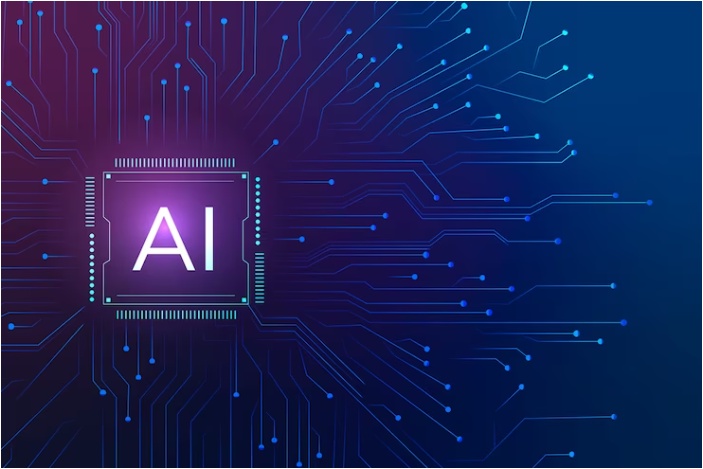Introduction:
Artificial Intelligence (AI) has become an integral part of our daily lives, transforming the way we interact with technology. From virtual assistants to predictive analytics, AI has evolved rapidly, offering innovative solutions that enhance efficiency and convenience. In this article, we will explore the evolution of AI in everyday technology, examining its current applications and future prospects.
The Rise of Virtual Assistants:
One of the most noticeable impacts of AI in our daily lives is the proliferation of virtual assistants. Platforms like Amazon’s Alexa, Apple’s Siri, and Google Assistant have become ubiquitous, providing users with hands-free access to information, entertainment, and smart home controls. These virtual assistants leverage natural language processing and machine learning algorithms to understand and respond to user queries, creating a seamless and intuitive user experience.
In recent years, virtual assistants have evolved beyond simple voice commands. They now offer context-aware responses, personalized recommendations, and can even learn user preferences over time. This evolution has made them indispensable in managing tasks, setting reminders, and controlling smart home devices, demonstrating the growing sophistication of AI in everyday applications.

Smart Homes and IoT Integration:
AI has played a crucial role in the development of smart homes, where interconnected devices communicate to create an intelligent and automated living space. From thermostats that learn user preferences to security cameras with facial recognition capabilities, AI-driven technologies are making homes safer, more energy-efficient, and convenient.
For example, AI algorithms can analyze data from various sensors to optimize energy consumption by adjusting heating and cooling systems based on occupancy patterns. This not only reduces energy bills but also contributes to environmental sustainability. Additionally, AI-powered security systems can distinguish between familiar faces and potential intruders, enhancing home security.
The Integration of AI in Healthcare:
AI has also made significant inroads into the healthcare sector, contributing to improved diagnostics, personalized treatment plans, and efficient patient care. Machine learning algorithms analyze vast datasets, identifying patterns and predicting outcomes with a level of accuracy that was previously unattainable.
In diagnostic imaging, AI is helping radiologists detect abnormalities and potential health risks more quickly and accurately. For instance, AI algorithms can analyze medical images such as X-rays and MRIs, assisting healthcare professionals in diagnosing conditions like cancer at an early stage. This not only speeds up the diagnostic process but also enhances the overall accuracy of medical assessments.
Furthermore, AI-powered chatbots and virtual health assistants are being used to provide patients with instant medical information, schedule appointments, and offer support for mental health. These applications not only streamline healthcare services but also contribute to making medical information more accessible to a wider audience.
The Impact on Personalized Experiences:
The integration of AI in technology has led to a shift towards more personalized user experiences across various platforms. Streaming services use recommendation algorithms to suggest content tailored to individual preferences, e-commerce platforms personalize product recommendations, and social media platforms curate feeds based on user engagement.
AI achieves personalization by analyzing user behavior, preferences, and historical data to deliver content and services that are most relevant to each individual. This not only enhances user satisfaction but also contributes to the success of businesses by increasing user engagement and retention.
Challenges and Future Prospects:
While AI has brought about significant advancements, it is not without challenges. Concerns about privacy, security, and the ethical implications of AI continue to be important considerations in its widespread adoption. Striking a balance between innovation and responsible use of AI is crucial to ensuring its positive impact on society.
Looking ahead, the future of AI in everyday technology holds exciting possibilities. As technology continues to evolve, we can expect AI to become even more integrated into our lives, offering solutions to complex problems and enhancing our daily experiences. From autonomous vehicles to advanced robotics, the potential applications of AI are vast, promising a future where technology is not just smart but truly intelligent.
Conclusion:
Artificial Intelligence has come a long way, revolutionizing the way we interact with technology on a daily basis. From virtual assistants to personalized recommendations, AI has become an integral part of our lives, making devices smarter and more intuitive. As we continue to embrace AI in various aspects of our society, it is crucial to address ethical considerations and ensure responsible use. The evolution of AI in everyday technology is an ongoing journey, and the possibilities for the future are both exciting and limitless.


No comments yet